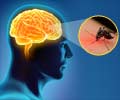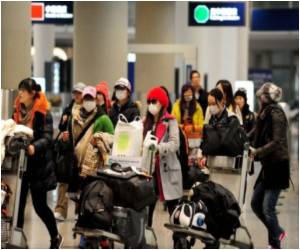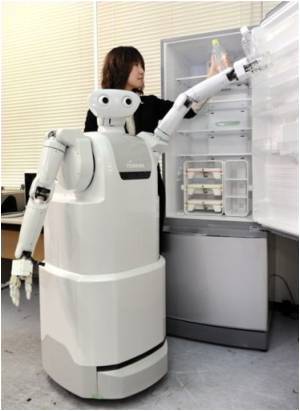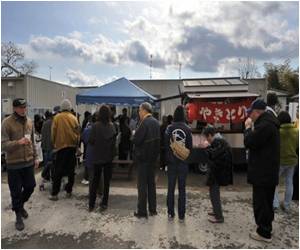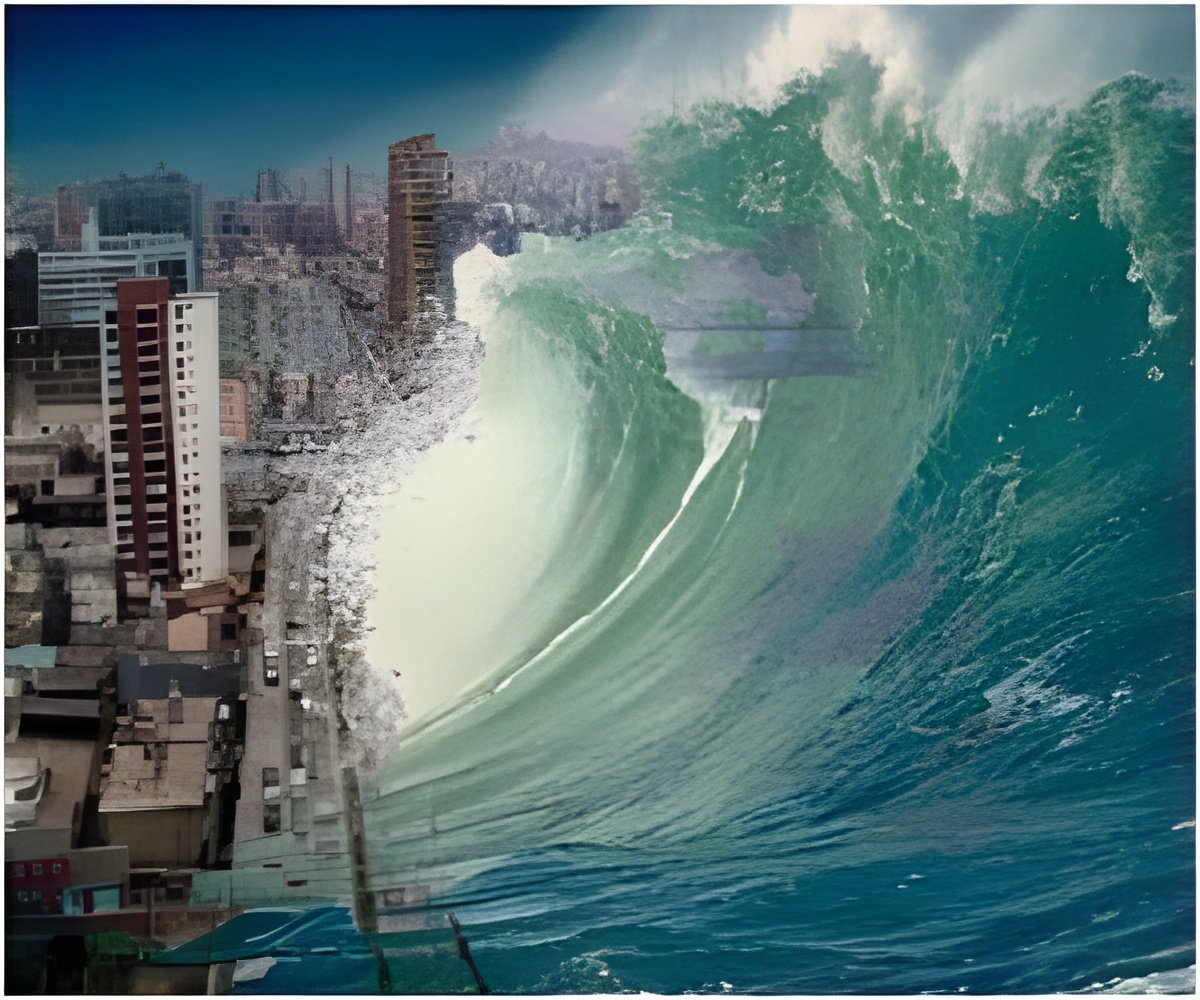
But Japan's fragile economy means Nihei feels unable to leave his job in a car parts factory in Fukushima City, some 60 kilometres (37 miles) from the nuclear plant, so he stayed behind in the family home when his wife and two daughters -- now three and five -- fled for Tokyo.
Now he sees them only every four weeks.
"I don't know how long this situation will continue," Nihei, 38, told AFP in a house decorated with photographs of his daughters and letters they have written for him.
"I can go see them in Tokyo only once a month as travel expenses are high... It's tough to keep going in this double life, economically and mentally."
The world's worst nuclear disaster in a generation is officially recorded as having killed no one. But the human cost has been high.
Advertisement
Many take little comfort from pronouncements by government scientists or international bodies, who say the amount of radiation they are being exposed to is unlikely to cause them any harm.
Advertisement
A single CT hospital scan delivers around 10 millisieverts, according to the National Institute of Radiological Sciences in Japan.
But, say campaigners, any amount of reassurances cannot mitigate the ever-present fear and little understood threat.
Nihei's wife Kazuko, 36, said she wanted to avoid any possible risk from radiation, even if it was below 100 millisieverts per year.
"We couldn't let children play outside anymore, and they got frustrated," she said in Tokyo. "I didn't want our daughters to eat locally-grown rice and vegetables."
On the day AFP visited the Nihei family home in the city of Fukushima, a radiation monitoring post in front of a nearby junior high school showed 0.1 microsievert per hour. If that figure remained constant it would be equal to less than a 1.0 milisievert annual dose.
The World Health Organization said last month that lifetime rates of thyroid cancer for women who lived inside the government-mandated exclusion zone were expected to be 1.25 percent, up 70 percent from the baseline risk of 0.75 percent for Japanese women.
In an illustration of how polarising the issue can be, Greenpeace immediately said the WHO was vastly underestimating the risk, while the Japanese government said its calculations were overblown and based on unrealistic premises.
Two years after the crisis, the no-go zone around the plant is gradually shrinking as radiation levels decrease.
But for Norio Kanno, mayor of Iitate, a village from which some 6,000 residents have been evacuated, a return to normality is still a long way off.
"When we first evacuated, we thought we could go back in about two years," he said in Tokyo. "But two years have already passed, and things have only just begun."
Indeed, the timescales involved in the clean-up are far longer than were first imagined.
Full decommissioning of the reactors, where molten fuel ate through concrete casing, is expected to take at least three decades. That, along with the decontamination of surrounding areas, will cost billions of dollars, much of it borne by the taxpayer.
Farmers and fishermen in the region -- previously one of Japan's breadbaskets -- complain that despite rigorous testing showing their produce to be safe, few people want to buy it.
Tourism is still suffering, with attractions like the fruit farms near the Niheis' home seeing visitor numbers cut by three-quarters.
"The government doesn't have anything that can convince evacuees to come back," said Mikio Nihei. "I wonder how they are going to rebuild Fukushima."
Source-AFP

